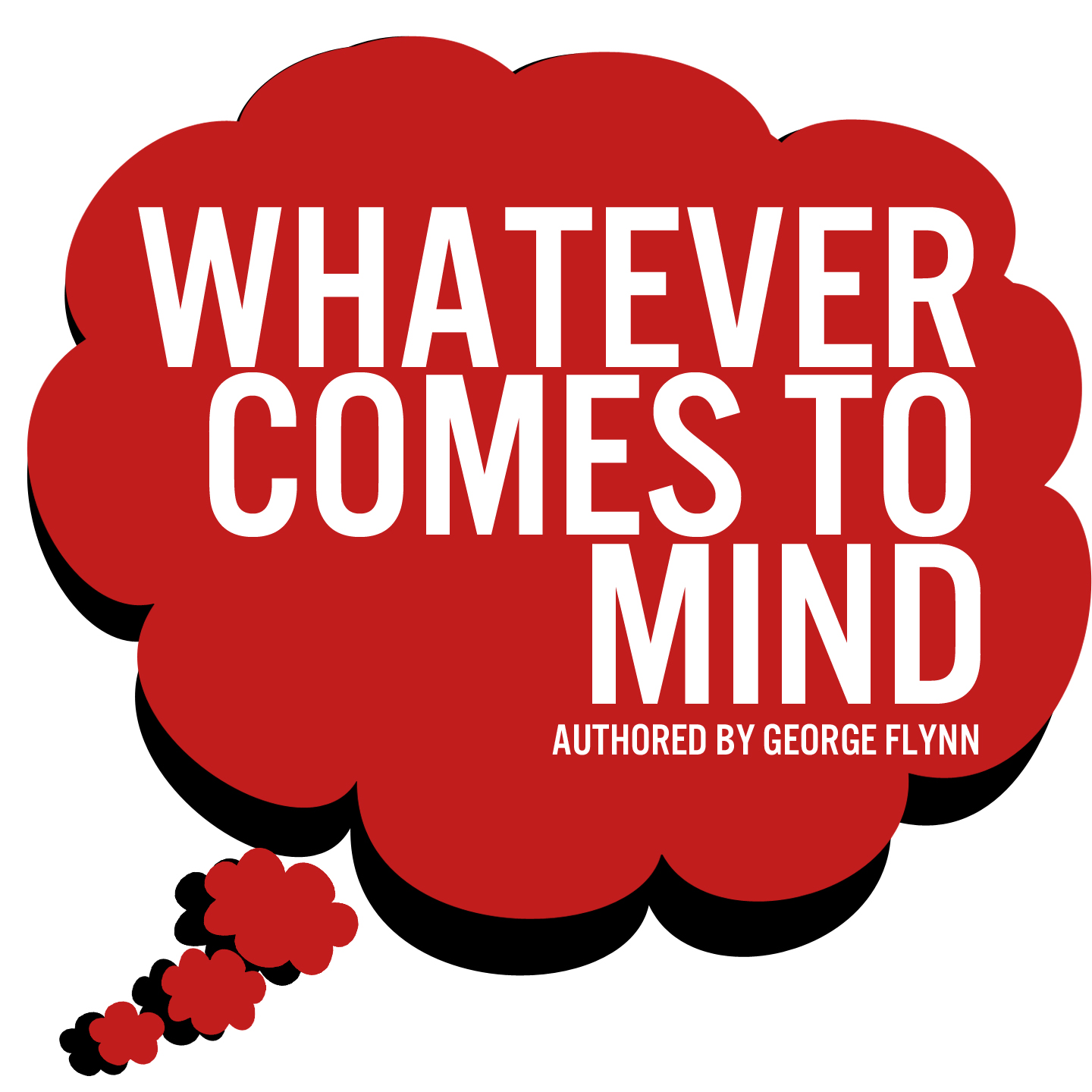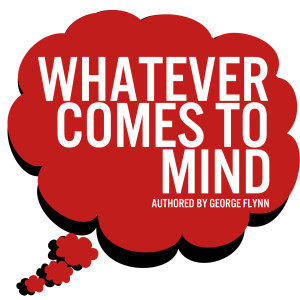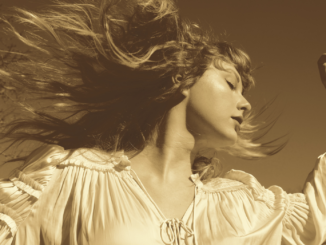
 By George Flynn | Opinions Editor
By George Flynn | Opinions Editor
There is nothing that I want more than to forget Robin Thicke’s song “Blurred Lines.” The song is incredibly sexist and misogynistic. The music video makes women into sex objects in scantily lingerie and exuding nothing but sexual appeal. Nothing made me happier than hearing last week that Thicke was being sued for copyright infringement by the family of the late Marvin Gaye.
According to The Huffington Post, the children of Marvin Gaye have accused Thicke of copyright infringement for illegally copying elements of the famous 1977 Gaye hit “Got to Give It Up.” Although Thicke has denied these allegations, it has brought up a plethora of questions of whether Thicke and others deserve to be punished for copyright infringement.
The Huffington Post cited attorney Rose Massary, who offered information on how plagiarized music is tackled in court.
“In copyright law, one of the things that they look for to see if there’s an infringement claim is substantial similarity and access to a copyrighted work,” Massary said.
A copyright infringement case which comes to mind is the 90’s hit “Ice, Ice Baby” by Vanilla Ice. Vanilla Ice sampled Queen and David Bowie’s song “Under Pressure” in his hit song. Needless to say, he was the one feeling the pressure of accusations and legal allegations. Vanilla Ice did not get permission to sample the music. Vanilla Ice said in an interview with MTV in the early 90’s, his baseline sounded nothing like Queen and Bowie’s song. The case was settled outside of court and an undisclosed amount of royalties went to Bowie and Queen.
Unfortunately for Vanilla Ice, this was the peak of his career. His one and only hit was shrouded by accusations of plagiarism.
Plagiarism within the music industry is a serious offense, and it appears that no matter how much star power one singer has, they do not get off the hook easily. Copyright infringement cases within the music industry have fallen on bands and solo artists such as the Verve, Michael Bolton and Johnny Cash.
These are the negative cases which convey guilt in the act of copyright infringement, however, it is important to remember the other side in a case like this. Thicke and the writers have a rebuttal against these claims of plagiarism.
According to a CNN article by Alan Duke, the writers of “Blurred Lines” are claiming the lawsuit is unjust.
“Writers filed their pre-emptive lawsuit in August asking a federal judge to declare that their song was not a copyright infringement,” according to Duke.
The writers said they did not commit a crime of any kind, and that the song is only reminiscent of a Gaye song, and not plagiarism at all.
Thicke and his writers are obviously hoping to win this case. Like Vanilla Ice, this could possibly kill his career, and he might lose more money than is affordable. However, if it is true that he stole music from Marvin Gaye, he should not get away with such a crime.
Despite that fact that this song is atrocious and objectifies women, stealing music tops the cake in the case of “Blurred Lines”, if he is truly guilty.
Whether the case falls in Robin Thicke’s favor or not, those who fail to ask permission to sample famous songs from the past certainly deserve what is coming to them. If one fails to cite a source in an academic paper at Duquesne University, they will most definitely be punished and possibly be expelled from the academic institution.
Regardless, if one does not ask for permission to use a piece of work created by another artist, whether it be the music industry or not, they deserve to face some form of punishment.
Only one thing is for certain, Thicke’s lines between right and wrong were obviously blurred, and now he’s in trouble.
George Flynn is a senior English major and can be reached at flynng@duq.edu.




